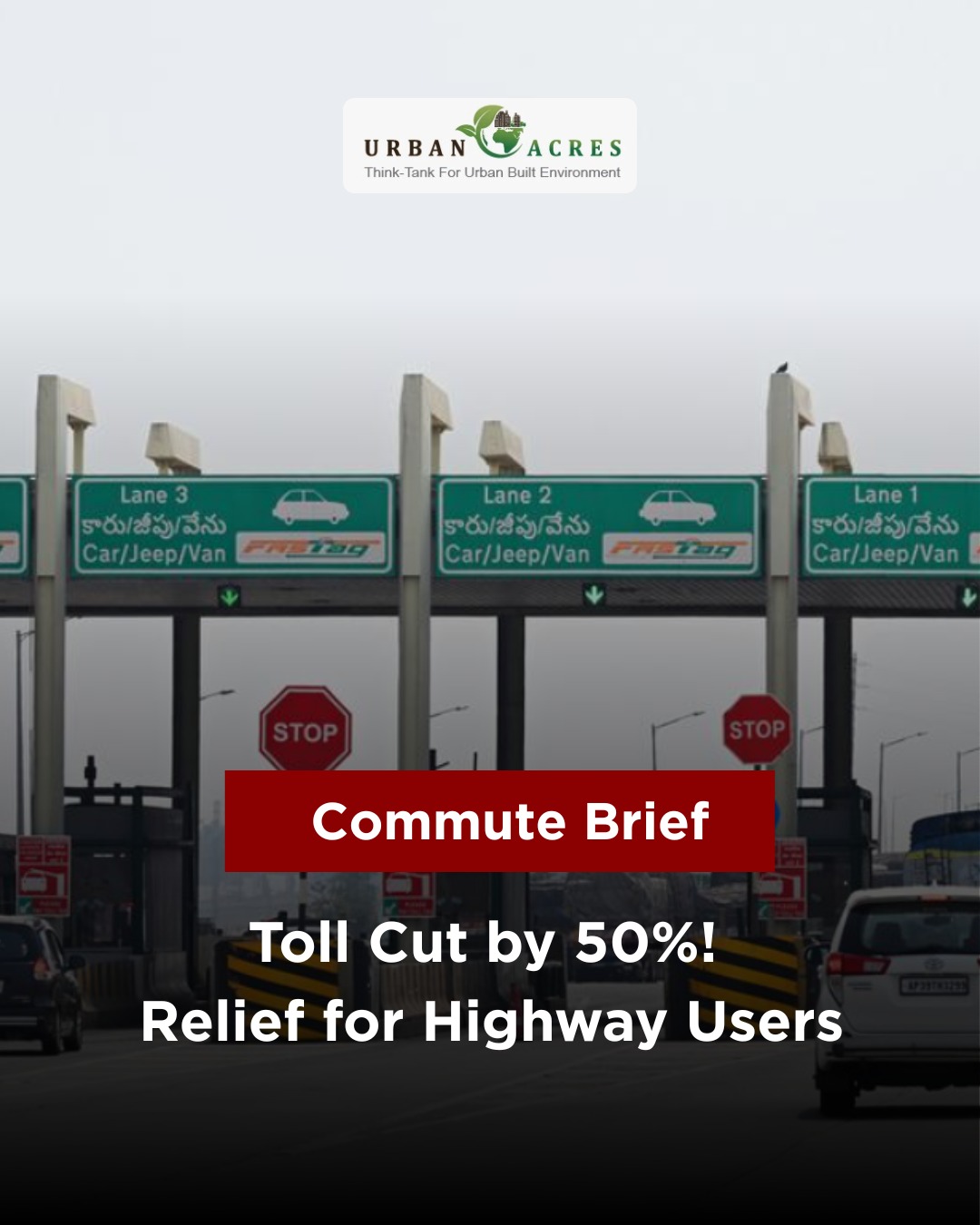As the revered festival of Ashadhi Ekadashi, slated for July 6, 2025, approaches, the Indian Railways, through its South Central Railway (SCR) zone, has introduced a dedicated express train service between Nagarsol and Miraj. This strategic deployment is designed to significantly ease the annual pilgrimage for lakhs of devotees journeying to Shri Kshetra Pandharpur, one of Maharashtra’s most venerated spiritual centres. This proactive measure by the railway authorities underscores a broader commitment to facilitating large-scale cultural events through organised, high-capacity public transport, thereby contributing to more sustainable and equitable urban and regional connectivity.
The Ashadhi Ekadashi pilgrimage, particularly the iconic Wari (Warkari) tradition, sees millions of devotees, often walking hundreds of kilometres, converge on Pandharpur to pay homage to Lord Vitthal. Such immense gatherings, while deeply spiritual, often place considerable strain on road infrastructure and can lead to increased carbon emissions from private vehicles and buses. By offering a dedicated rail alternative, the Indian Railways provides a comparatively lower-carbon footprint mode of transport. Studies consistently show that trains emit significantly less greenhouse gas per passenger-kilometre compared to automobiles and aeroplanes, aligning with the broader vision of creating zero net carbon and eco-friendly cities. This encourages a modal shift towards more environmentally benign options for mass transit.
The announcement of 16 key station stops along the Nagarsol-Miraj route is crucial, as it ensures wide accessibility for pilgrims from various parts of Maharashtra. This inclusivity is a cornerstone of building equitable cities, where public infrastructure serves the needs of all citizens, irrespective of their socio-economic standing or geographical location. The provision of such a service democratises access to significant cultural and religious sites, ensuring that the spiritual journey is feasible and comfortable for a broader demographic, including the elderly, persons with disabilities, and those who may find the traditional foot pilgrimage challenging. Such initiatives actively promote social equity by bridging gaps in accessibility.
Furthermore, a well-managed railway service helps in decongesting roads, reducing traffic bottlenecks, and minimising the environmental degradation often associated with unregulated travel during peak pilgrimage seasons. This translates into less noise pollution, cleaner air, and reduced waste accumulation along traditional routes, contributing to the overall ecological health of the region. The railway’s capacity to transport large numbers of people efficiently also reduces the need for temporary, often environmentally impactful, roadside encampments and facilitates better waste management at the destination, fostering a more sustainable pilgrimage ecosystem.
The deployment of this special express train reflects a pragmatic approach to managing large public events within a framework of sustainable development. It demonstrates an understanding that while traditional practices are invaluable, modern infrastructure can support and enhance them in an environmentally responsible manner. Such initiatives also highlight the broader socio-economic benefits of robust rail networks, which not only connect spiritual sites but also foster regional integration and economic activity along their routes, creating opportunities for local communities.
In essence, the Indian Railways’ proactive step for Ashadhi Ekadashi is more than just an operational adjustment; it is an affirmation of its role in fostering culturally resonant, environmentally conscious, and socially inclusive urban and regional development. By channelling pilgrim traffic onto an efficient rail system, it paves the way for a pilgrimage experience that is both spiritually enriching and responsibly managed, setting a commendable precedent for future large-scale gatherings across the nation.
Also Read: Ashadhi Ekadashi special train launched to ease Pandharpur pilgrimage


